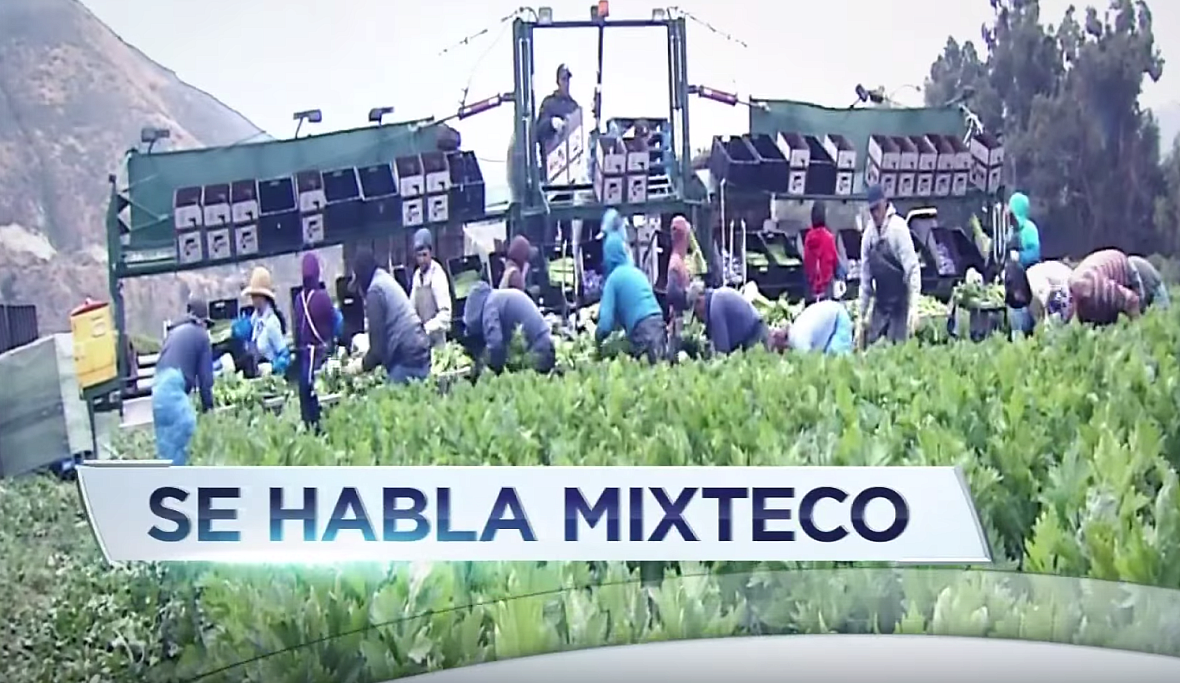We speak Mixteco (Part 1)
Julio Vaqueiro is the anchor of Telemundo’s morning news show in Los Angeles. He reported this project as a 2015 California Health Journalism Fellow, a program of the University of Southern California’s Annenberg School of Journalism.
Other stories in the series include:

In the fields in the Ventura County some of the workers speak Mixteco, Florino’s first language.
“All the people who speak an indigenous tongue are very hard working,” he told me, “We like giving our best to what we do”.
He is a Mixteco immigrant and works in a strawberry field in Oxnard, an activity that requires farmworkers to keep their backs bent for long hours.
“Do you have back pains because of your job?” I asked. “The pain is so intense at times,” he answered, “that some people can’t stand up for the next day”.
Many of these indigenous farm workers, like Florino, are living in the country illegally. They typically don’t have access to health care. Most of them work in agriculture and they face poor living conditions, backbreaking labor and exposure to pesticides.
“But you’ve got to work. There’s no alternative. That’s the rule in the fields”.
The Mixteco community, to which Florino belongs, comes from the state of Oaxaca in Mexico and speaks its own language. According to the Indigenous Farm Workers Study, there are around 165 thousand indigenous immigrants in California. 20 thousand Mixtecos live in the Ventura County.
“Most of them only speak and understand the Mixteco language,” Arcenio Lopez says. He is the leader of Mixteco Project, an organization that works to improve the quality of life of the indigenous immigrants in Ventura. According to him, on top of the regular illnesses that farm workers have for their intense physical work, Mixteco immigrants also face a language barrier to health care, as Arcenio affirms: “Many people don’t go to a doctor because they don’t understand what they are being told.”
Under more than 100 degrees Fahrenheit we met Rosa, a Mixteca that works in a kale field and only knows a few words in English: head ache (quiui chini) and back ache (quiui sate).
We also met Elia, but not in the fields. She quit her job to be able to take care of her son, a two year old with severe heart issues. She also only speaks and understands Mixteco.
“It is a very serious problem. It’s a problem of access to basic services. It’s a problem of isolation… How are you going to go to a clinic if you don’t understand what they’re telling you?” told me Arcenio Lopez.
Access to health care for this community, he says, is limited by a language barrier that grows in the fields just like a noxious weed does.
[video:https://youtu.be/QRBTbz0xk64]
[The story was originally broadcasted on Telemundo 52.]

